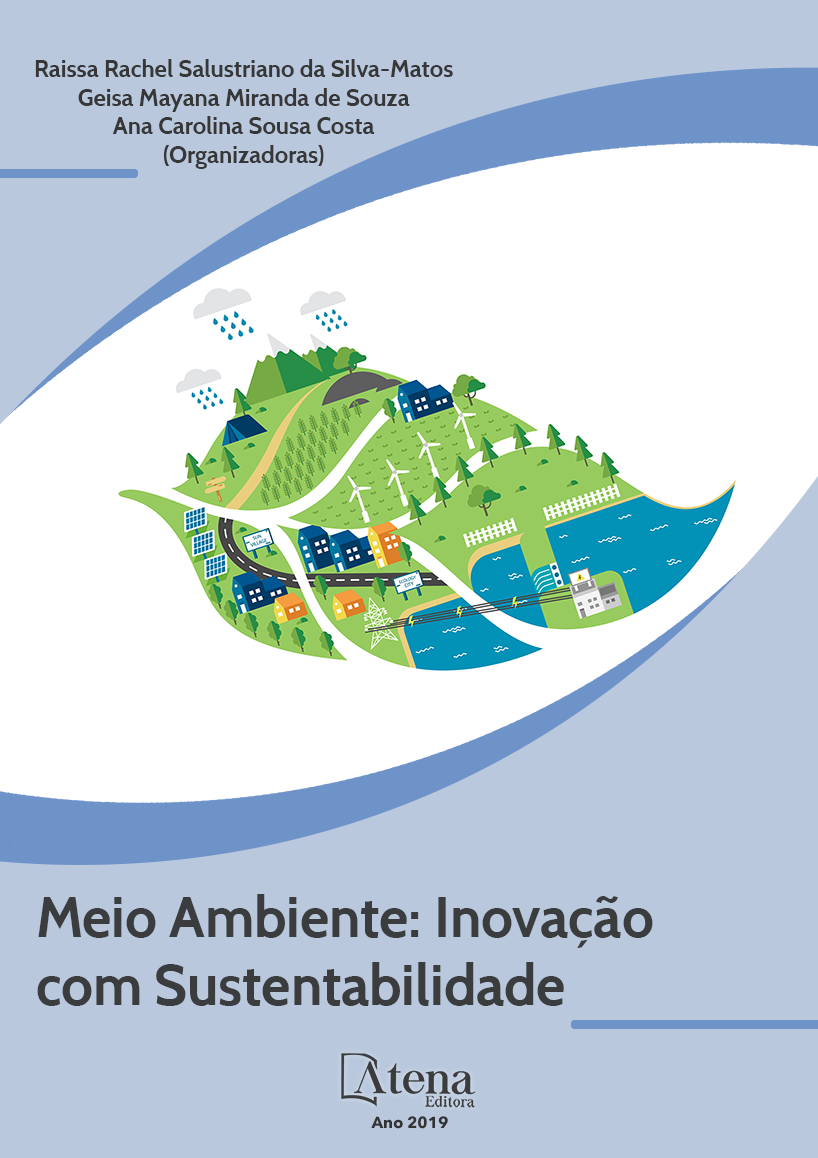
ABORDAGEM MULTIVARIADA DE PARÂMETROS FISIOLÓGICOS RELACIONADOS COM ESTRESSE HÍDRICO EM ESPÉCIES FLORESTAIS
O presente trabalho teve como objetivo avaliar o potencial de técnicas estatísticas multivariadas para a análise de características fisiológicas e para o agrupamento de indivíduos de seis espécies arbóreas florestais cultivadas em condições de sequeiro. Para tanto, foram avaliadas as variáveis de potencial hídrico foliar (Ψw), assimilação líquida de carbono (A); taxa de transpiração (E); condutância estomática (gs); eficiência intrínseca no uso da água (A/gs); eficiência momentânea no uso da água (A/E); a diferença entre a temperatura da folha e do ar (Tf-ar); concentração interna/externa de CO2 (Ci/Ca); a eficiência de carboxilação (A/Ci) e a eficiência do fotossistema II (Fv/Fm). Procedeuse a Análise fatorial por componentes principais (AF) para avaliar a interação entre as variáveis e a respectiva quantia de variância explicada. Posteriormente, a Análise de Cluster (AC) foi realizada para obtenção de agrupamentos das espécies por similaridade características fisiológicas. A AF permitiu a extração de dois fatores que explicam juntos 91% da variância total dos dados. As variáveis de E, gs, A, A/ Ci e Tf-ar foram as que apresentaram maior relevância para explicar as diferenças fisiológicas existentes entre as espécies nestas condições e para o agrupamento das mesmas. A AC permitiu a formação de três grupos de indivíduos pela similaridade das características fisiológicas, o primeiro, formado por indivíduos das espécies C. brasiliense e S. macrophylla, o segundo por A. fraxinifolium, S. amara e H. impetiginosa e o terceiro grupo formado por indivíduos da espécie H. serratifolius.
ABORDAGEM MULTIVARIADA DE PARÂMETROS FISIOLÓGICOS RELACIONADOS COM ESTRESSE HÍDRICO EM ESPÉCIES FLORESTAIS
-
DOI: 10.22533/at.ed.45419011010
-
Palavras-chave: trocas gasosas, plantas lenhosas, análise de componentes principais, análise de cluster.
-
Keywords: gas exchange, woody plants, principal component analysis, cluster analysis.
-
Abstract:
This study aimed to evaluate the potential of multivariate statistical techniques for the analysis of physiological characteristics and the grouping of individuals of six forest tree species grown under rainfed conditions. For that, the variables of leaf water potential (Ψw), net carbon assimilation (A) were evaluated; transpiration rate (E); stomatal conductance (gs); intrinsic efficiency in water use (A/gs); momentary water use efficiency (A/E); the difference between leaf and air temperature (Tf-ar); internal / external CO2 concentration (Ci/Ca); the carboxylation efficiency (A/Ci) and the efficiency of photosystem II (Fv/Fm). The principal component factor analysis (FA) was used to evaluate the interaction between the variables and the respective amount of variance explained. Subsequently, Cluster Analysis (CA) was performed to obtain clusters of species by similarity physiological characteristics. The AF allowed the extraction of two factors that together account for 91% of the total variance of the data. The variables of E, gs, A, A/Ci and Tf-ar were the most relevant to explain the physiological differences between the species under these conditions and their grouping. The CA allowed the formation of three groups of individuals by the similarity of the physiological characteristics, the first one formed by individuals of the species C. brasiliense and S. macrophylla, the second by A. fraxinifolium, S. amara and H. impetiginosa and the third group formed by individuals of the species H. serratifolius.
-
Número de páginas: 15
- Claudivan Feitosa de Lacerda
- João Alencar De Sousa
- Antônio Marcos Esmeraldo Bezerra
- José Dionis Matos Araújo
- Antônia Leila Rocha Neves
- Carlos Henrique Carvalho Sousa
- Breno Leonan de Carvalho Lima
- David de Holanda Campelo


